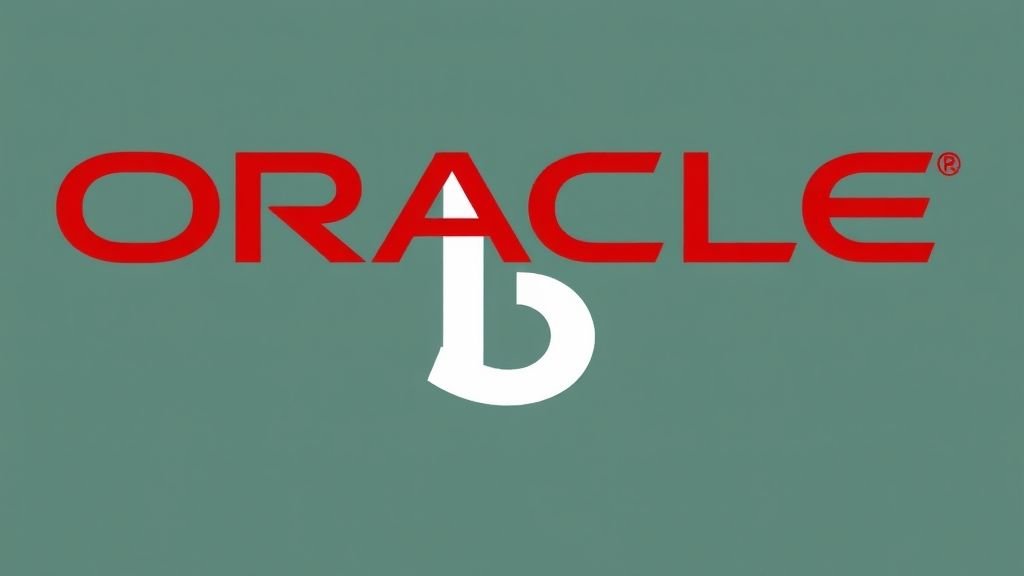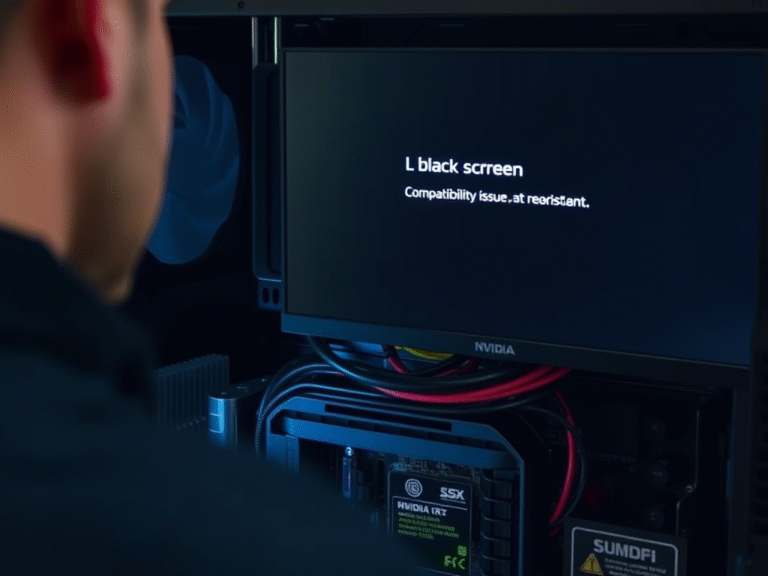Oracle’s Grip on the JavaScript Trademark Leaves Little Room for Resistance

Oracle’s Grip on the JavaScript Trademark Leaves Little Room for Resistance
🧑💻 What Is JavaScript, and Why Does Its Name Matter?
If you’ve ever dipped into web development, chances are you’re familiar with JavaScript (JS) . Alongside HTML and CSS, it’s one of the three core technologies that power the modern web. However, what many people don’t realize is that the name “JavaScript” has been at the center of ongoing legal debates for years — largely because Oracle holds the trademark on it, a fact that many in the tech community consider unjust.
⚖️ How Did Oracle End Up Owning the JavaScript Trademark?
The truth is, Oracle hasn’t done much historically to promote or support JavaScript’s growth. Its ownership stems from a chain of corporate acquisitions: Oracle bought Sun Microsystems, which had previously acquired Netscape — the original creator of JavaScript. As a result, Oracle inherited the trademark indirectly.
This means Oracle never actually created or developed JavaScript — it simply ended up owning it through business moves.
🤔 Why Does This Ownership Bother Developers?
Many developers, especially those in the open-source world, see this as problematic. The concern is that Oracle’s control over the term creates legal uncertainty. For example, while there are countless tech conferences held around the world, you’ll rarely — if ever — hear of an officially named “JavaScript Conference.” That’s because using the term commercially often requires permission, and Oracle hasn’t been active in supporting such initiatives.
📢 A Call for Change From Industry Leaders
In response to this issue, Ryan Dahl , the creator of Node.js, and Brendan Eich , JavaScript’s original inventor, signed an open letter urging Oracle to release the trademark back to the public. When that didn’t work, Dahl took further action by filing a petition to cancel the trademark.
He argued that:
- Oracle used misleading practices during its trademark renewal
- The term “JavaScript” is too generic to be trademarked
- Oracle effectively abandoned the trademark through non-use
Although Dahl received strong backing from the developer community, the process hit a snag when the U.S. Patent and Trademark Office’s Trademark Trial and Appeal Board (TTAB) dismissed his claim of fraud.
Dahl disagrees with the decision but has chosen not to amend it, so as not to delay the other two claims.
🎯 What’s the Real Issue Here?
Dahl emphasized that the heart of the case lies in the arguments of genericness and abandonment — both of which still stand. He pointed out that JavaScript is a programming language, not a product or brand of Oracle , and therefore shouldn’t be restricted under trademark law.
⏳ What Happens Next?
Oracle is set to formally respond to the claims by August 7 , followed by a discovery phase starting on September 6 . Dahl hopes that regardless of the outcome, this legal battle will ultimately free the name JavaScript from trademark restrictions — allowing developers to use it without fear of legal repercussions.
💬 Community Reaction
On platforms like Hacker News, where the discussion has gained traction, the general sentiment supports Dahl’s efforts. Many are puzzled as to why Oracle continues to hold onto the trademark, especially since it doesn’t seem to benefit directly from it.
Developers hope this case sets a precedent for how trademarks on widely used technical terms should be handled in the future.





